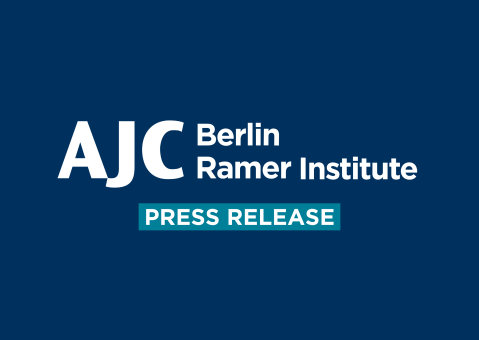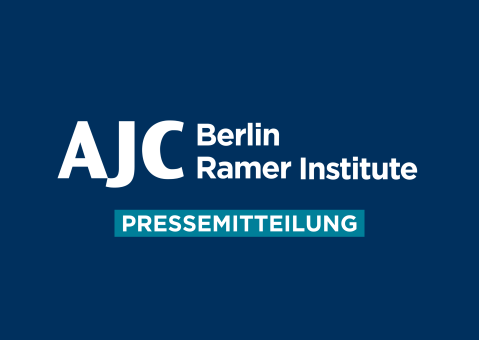Share on
Since the 2012 terror attack in Toulouse, where Islamist terrorists murdered three Jewish school children and a teacher, 264 people have been killed by terrorists in France.
The bestial murder of Samuel Paty and the murdering of peaceful churchgoers in Nice are the latest crescendos of a war fanatics have imposed not only on France but the entire West, as the homophobic murder in Dresden and attack in Vienna have shown.
However, we must not only focus on the perpetrators themselves, but must rather ask about the environment in which the murderer of Samuel Paty grew up; at age of 18, almost still a child, he was already so brutalized that he cut off the head of another human being.
In this regard, we must set our sights on the organizations of political Islam, which are not violent themselves but create the climate for such murders.
This applies to both France and Germany. As Bernard Rougier, a prominent French academic, notes in a book published earlier this year, such organizations have already conquered entire city districts in France.
The goal of these Islamists is to create “parallel societies” in the areas they control. They have already achieved this in some suburbs or "banlieues" of France, where they have established structures that prevent nearly all contact between Muslims and their surroundings.
In this milieu, hatred of democracy, the West, Jews, homosexuals, and everything that does not fit into the Islamists' world view can flourish. These developments were discovered and understood far too late in France. This was the breeding ground for terror. Today, this reality can no longer be ignored. Neither in France nor in Germany where similar trends now exist.
Too often, politicians, institutions, civil society, and other actors differentiate between a violent and “peaceful” political Islam. That Emmanuel Macron and Sebastian Kurz want to finally put an end to this distinction and have called to fight political Islam in every form is most welcome.
We sincerely hope that the relevant actors in Germany will also follow suit.
It should no longer be accepted that organizations like the Turkish-Islamic Union for Religious Affairs (DITIB) and the right-wing extremist ATIB, both Erdogan’s extended arm, the "Islamic Center Hamburg" (IZH), which represents the antisemitic regime in Tehran, or incognito groups like the Muslim Brotherhood, are state partners for dialogue and official cooperation.
Why is there silence over the fact that ATIB and IZH are members of the Central Council of Muslims?
Should there not finally be consequences? Quite rightly, democratic parties do not talk with organizations where there is even a whiff of classical right-wing extremism.
Why is an exception made for actors who have very similar worldviews?
The fight against political Islam is also important precisely because the overwhelming majority of Muslims in France and Germany do not feel represented by the organizations of political Islam.
The state must finally be concerned with making this majority heard and supporting and strengthening these Muslims in their fight against fanatics
Simone Rodan-Benzaquen is Director of AJC Europe. Remko Leemhuis is Director of AJC Berlin. This article originally appeared in BILD. Translation from original German by Eric Adamson, Senior Associate for Research & Policy at AJC Berlin.



